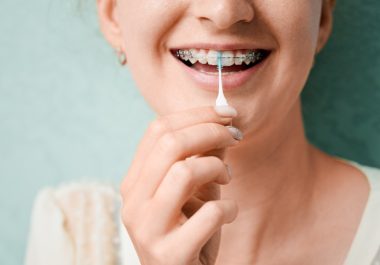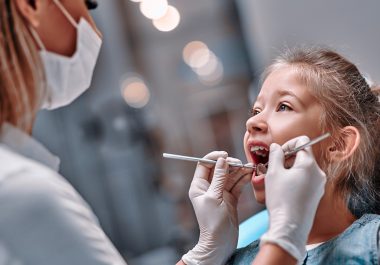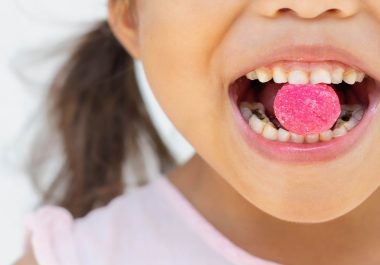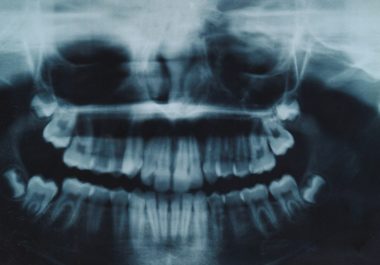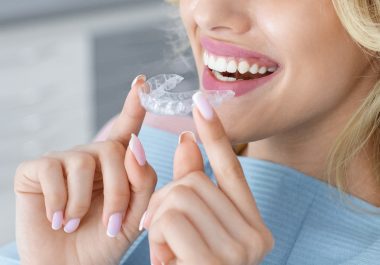Top Tips to Prevent Periodontal Disease
Also known as periodontal disease, gum disease is a common condition affecting the tissues surrounding and supporting your teeth. It is caused by bacteria in dental plaque and tartar buildup.
How to Floss with Braces: A Guide to Healthy Teeth and Gums
If you have recently gotten braces, congratulations on taking the first step toward a straighter, healthier smile! However, maintaining good oral hygiene while wearing braces is of the utmost importance. One of the most significant aspects is flossing.
Top Signs Your Child Should See an Orthodontist
Oral health is one of the most important aspects of our overall well-being. While visits to the dentist play a significant role in maintaining your child’s oral hygiene, there may come a time when you need to consult an orthodontist.
The Benefits of Adult Orthodontic Treatment
While early orthodontic treatment is ideal, it is never too late to reap the benefits of a straighter smile. Adult orthodontics has many advantages, and there is bound to be a solution that fits your lifestyle.
Why You Should Have a Dental Cleaning Twice a Year
Keeping your teeth healthy requires more than just brushing twice a day and flossing regularly – it's also necessary to visit the dentist for a professional cleaning at least twice a year.
When Does a Child Need a Rapid Palate Expander?
A rapid palatal expander (RPE) is an orthodontic appliance used to create more space in the palate or roof of the mouth. There are a few reasons why a rapid palatal expander may be recommended for your child.
Celebrate National Orthodontic Health Month with Smiles 4 Keeps
Honor National Orthodontic Health Month by learning about the importance of orthodontics and how to best care for your braces and aligners.
How Candy Can Harm Your Teeth and Overall Health
It’s no secret that candy is unhealthy, but many people don’t realize how detrimental sweets can be to your teeth and overall health.
How to Get Rid of Bad Breath
Are you dealing with halitosis? From changing your diet to quitting smoking, learn how to get rid of bad breath with these tips from Smiles 4 Keeps.
What to Expect from Your Wisdom Teeth Removal
Knowing what to expect before, during, and after wisdom teeth removal can help make the experience as smooth as possible. Here's what you need to know!
What Issues Can Braces Fix?
From misaligned jaws to overcrowding, understanding what braces can fix can help improve your oral health and enhance your smile.
How to Choose the Best Retainer for You
Finding a suitable retainer is important for your smile. Learn about the different types of retainers and how to find the best one for you.


